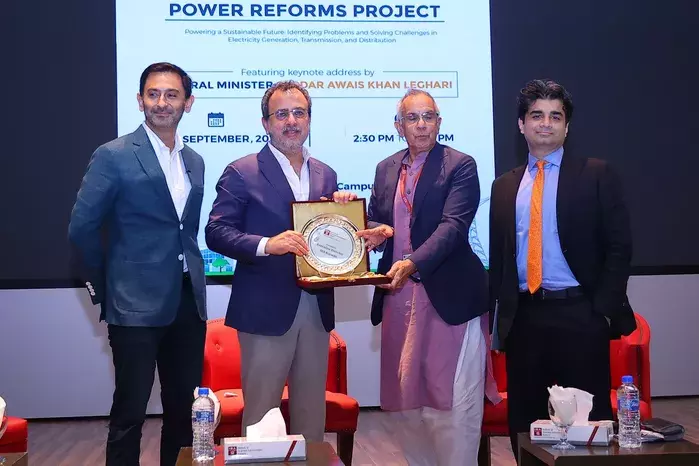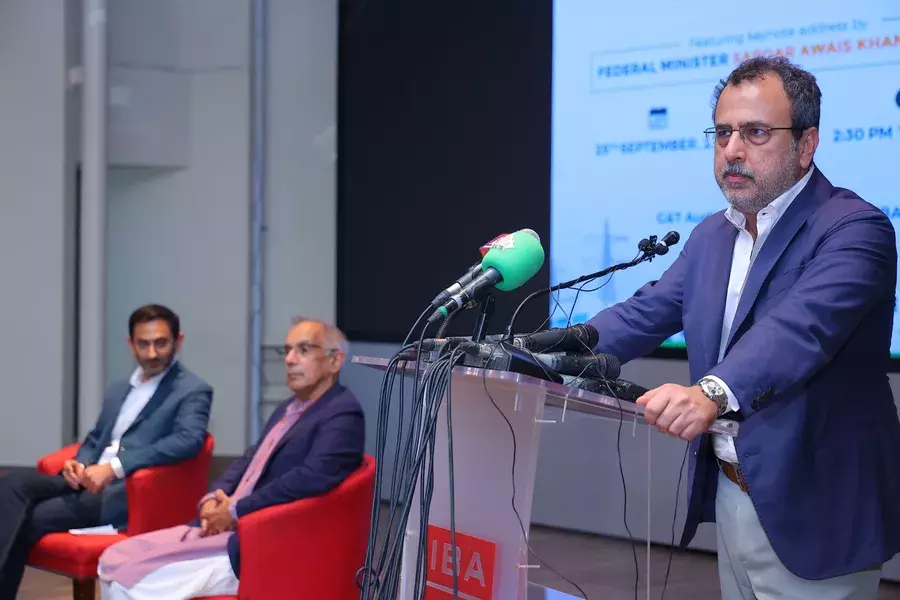Karachi (TDI): The Institute of Business Studies, the Ministry of Energy (Power Division), and the School of Business Studies co-hosted an event to launch the Pakistan Power Reforms Project.
During his keynote speech, Federal Minister of electricity Sardar Awais Ahmed Khan Leghari highlighted areas of weakness and provided a detailed plan for reforms aimed at increasing the power sector’s efficiency and spurring economic and industrial growth.
In a few months, the Minister promised, the benefits of numerous structural reforms will become evident.
The Power Sector is actively promoting a dramatic overhaul of the transmission infrastructure in order to increase efficiency and lower losses while simultaneously trying to raise the governance standards of distribution businesses.
It was noted that measures are in place to stimulate industrial demand through various interventions in order to accelerate economic and industrial growth.
This relates to the issue of excess generation capacity in power sector.
Also read: Pakistan’s First High-Speed Rail Initiative
Regarding tariffs, it was demonstrated that capacity charges were largely caused by front-loaded debt repayments, and that this issue can be resolved by using a variety of policy levers to rationalize prices in all areas.
More significantly, it is still critical that we aggressively transition from a cost-plus regime centered on a single-buyer model to a competitive market regime where electrons can be exchanged between buyers and sellers in order to reward efficiency.
To speed the adoption of electric vehicles nationwide, especially two- and three-wheelers, the Minister indicated that a policy encouraging their use will be unveiled shortly.

The demand for electricity will rise as a result of this action, which will also dramatically lower home transportation expenses and import bills related to fuel imports.
The fact that Pakistan produces more than 55% of its electricity from clean sources including nuclear, renewable energy, and hydel makes the country one of the cleanest energy mixes in the world.
Also read: Govt Removes PTI’s President Name from PCL
More significantly, in a few years, the same would surpass 70 percent. In a similar vein, the nation generates about 75% of its electricity from domestic sources, a percentage that is predicted to rise to over 90% in the coming years.
The event concluded on a high note, emphasizing a reform agenda that will raise governance standards and improve the generation, transmission, and distribution of electricity. These improvements will also lead to a reduction in the price of electricity, which can spur economic and industrial growth.



